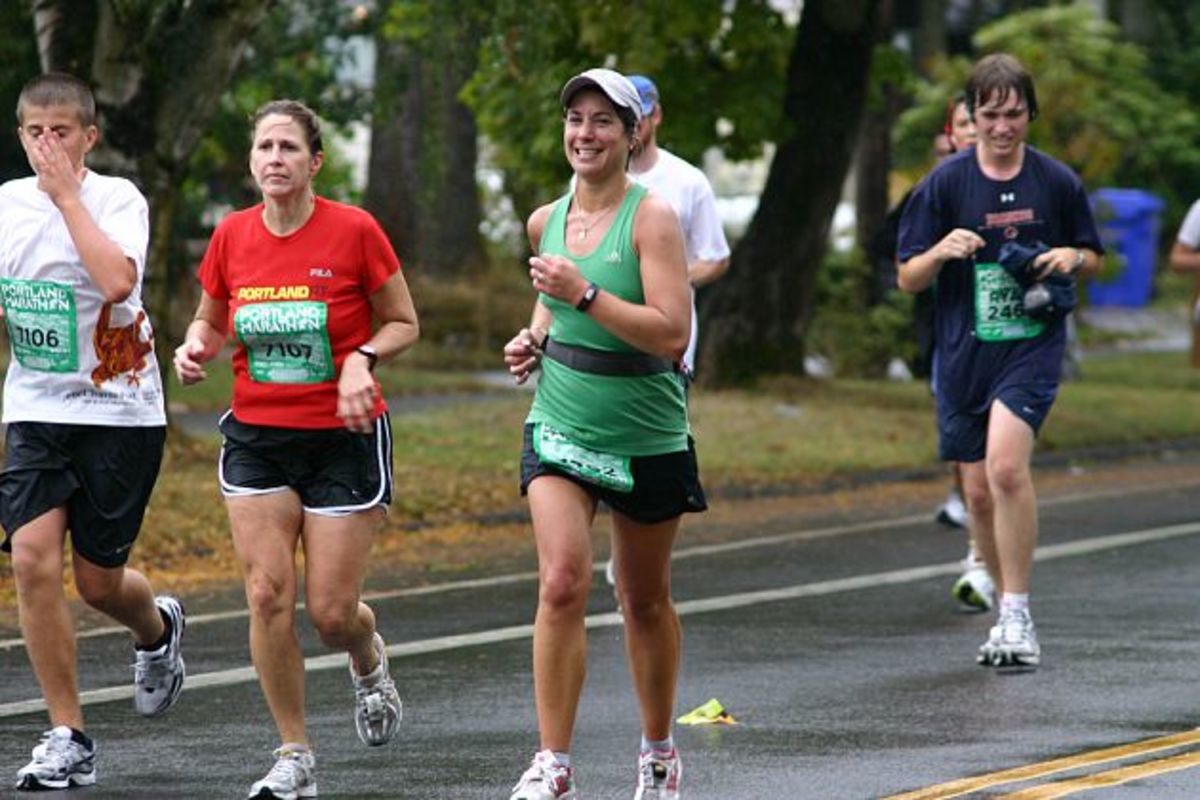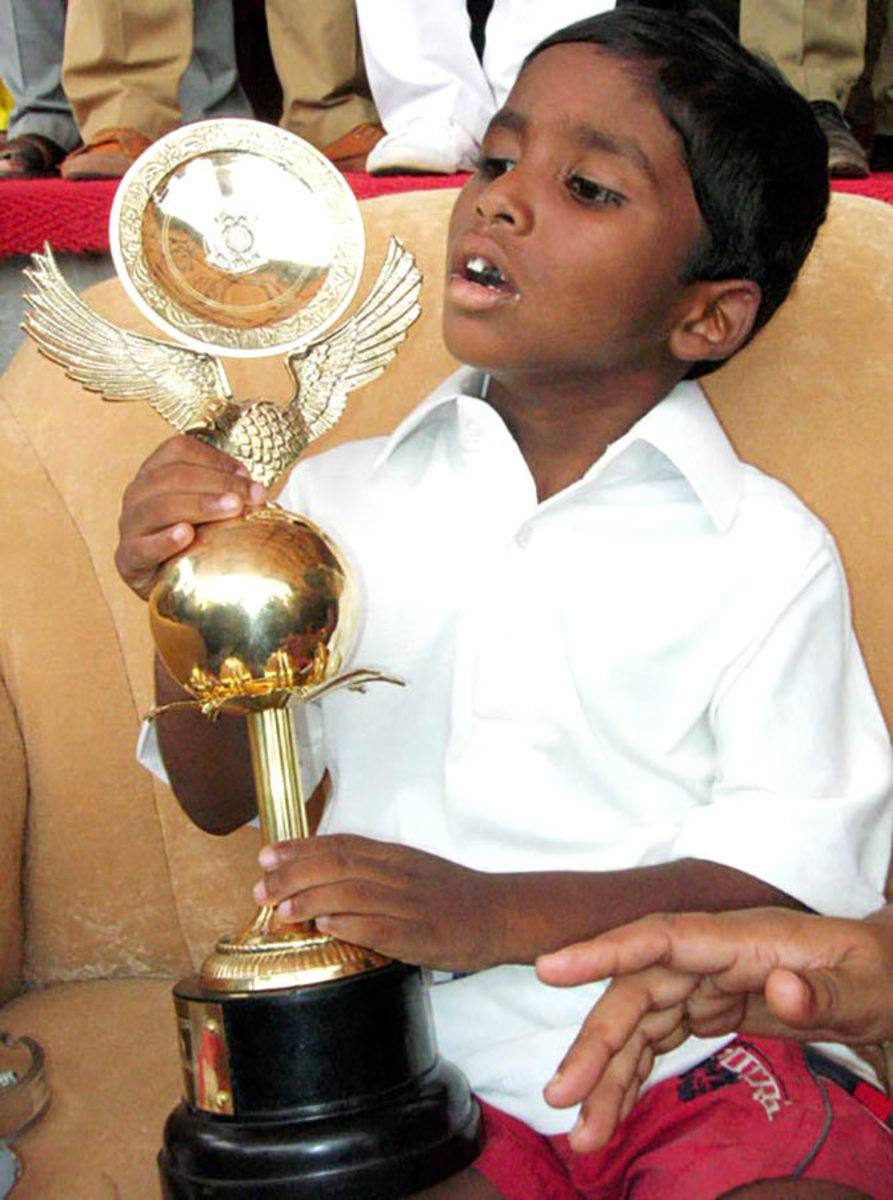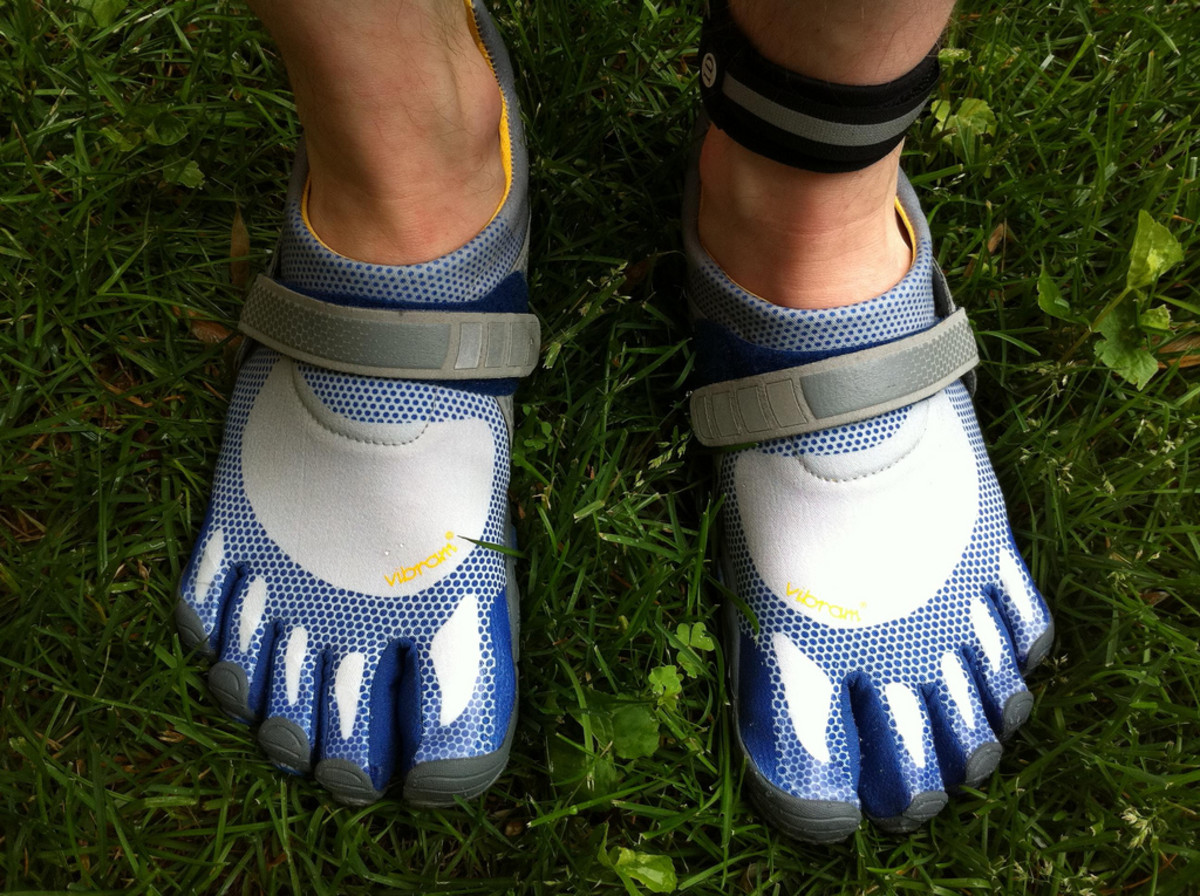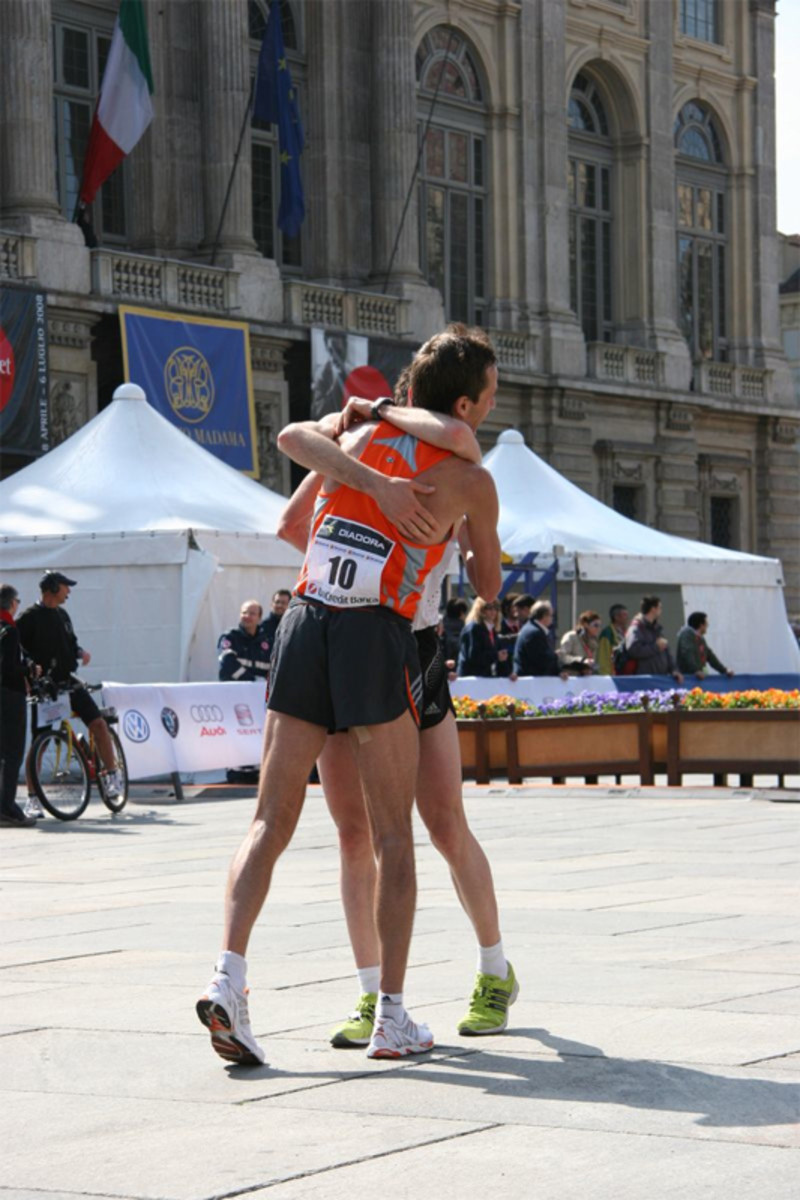Marathon Running for the Total Beginner

Anyone Can Do It; Just Commit
Are you trying to lose weight and wish you were more fit? Have you tried diet schemes and have just found the you end up gaining more weight in the end? Have you signed up at your local gym hoping to work out and lose weight, and in short order finding yourself losing motivation to workout?
Well, when you read this hub, you will learn about a very sure way to lose weight and get fit at the same time. The method I discuss here motivates you to work out, without the needless worry to lose weight!
Overweight or Obese? Lose weight!
If you wish to lose weight, there are only so many things you can do. You can diet, exercise, or both!
Most people who diet, lose weight, but because they cannot sustain their diet program, they give up and gain more than the weight they lost in the first place.
Most people who start an exercise program fail to sustain that program, and quit within two months of starting.
So how can one lose weight?
The answer is to not even think about losing weight; just sign yourself up for a marathon that is about a year away.
Run A Marathon?
Don't even worry about losing weight.
Running a marathon seems like a daunting task, especially if you aren't a runner. But, by signing up for a marathon, you've committed money and yourself to this.
Now here's the funny thing. You aren't even thinking about losing weight at this point. You are thinking...'how the heck am I going to do a marathon?' You know that come marathon day, you just can't mosey on to the race without training for it. If it was a 5K or even a 10K, maybe--but not a marathon.
So the idea of having to run a marathon and not killing yourself is now motivating you to train for it. You aren't even thinking about the weight you will lose in the process!
Long distance running: The bare essentials
Now that you've commited yourself, you'll need to know the bare essentials for long distance running. Here they are:
- Invest in a good pair of shoes; when running long distance any minor shoe annoyance can get magnified and can result in injury, blister or whatever
- Get a good pair of socks; ones design to minimize blisters
- Get running clothes appropriate for the weather; get the type that wicks moisture away from your skin
- Find a marathon training plan, and follow it; here's a sample plan
- Get Vaseline; you'll need it to reduce friction between body parts that are rubbing against each other
Training: Listen to Your Body
A good beginner marathon training plan is typically 26 weeks long (see this sample training plan). It has you starting by walking 20 minutes on your training days. It basically slowly builds you up from walking to running a marathon over the plan period. A typical training cycle goes something like this:
- Monday - rest day
- Tuesday - training
- Wednesday- training (optional)
- Thursday-training
- Friday-training (optional)
- Saturday-training
- Sunday-training; long run days
The "optional" days are just that--optional. If you are around 45 years of age, you may opt to rest on those optional days. Listen to your body. Remember, try not to do more distance than your body can handle. Your might be feeling good one day and decide to detract from the plan; but don't get tempted. Listen to your body, and stick to the plan.
The longest run and tapering down
Look at the calendar and find the date of your marathon. Most marathons I know happen on a Sunday.
Now take the plan and align it to that. This means that the marathon will be your long run at the end of your training plan.
You will note that in the training plan, the longest run you will do is 20 miles. And this happens 2 weeks from the marathon run. The idea is after you peak on your training distance, you taper off to give your body a chance to fully repair itself.
By doing this, your body is at its optimum condition on the day of the marathon. This is important, and you need to abide by this.
The Run
This is it, you're doing a marathon.
At the actual run you are hopefully in the correct pace grouping. This will keep you from wasting your energy zigzagging around slower folks.
When the gun sounds, resist the temptation to go all out and fast at the start. Remember, you have 26.2 miles to cover, and it is generally true that going hard at the beggining will cause you to lose time on the second half of the run.
So you should just relax, and stay at the pace you trained for. Proffesionals always say that you want to achieve a negative split; this is where your 2nd half time is faster than the first.
In this first marathon, your objective is to simply crossing the finish line. Since it is your first, you will set a personal record.
Make sure to stay hydrated throughout, and eat the banana and/or the energy goo they give out at mile 17; you'll need it.
Now what? Repeating the cycle
I bet that if you start training, you will not be thinking about weight loss. In fact, you will probably be mostly preoccupied by the training in preparation for the marathon. However, you will find that you will lose weight. On a good long run, you can easily use up 1200 calories!
OK. When you finish running your first marathon, you may find that you want to run other foot races. Maybe you'll do 5Ks, 10Ks, 12Ks, half-marathon, or even repeat another marathon. You'll realize that those 5Ks all the way to even half-marathons are actually relatively short runs, and you'll have the confidence to know you can finish them--except now it is just a matter of how fast you are able to do it.
The natural motivation to do better should be sufficient to motivate most people. As such, the running cycle continues, and as a side effect you will be more fit, losing weight in the process.








